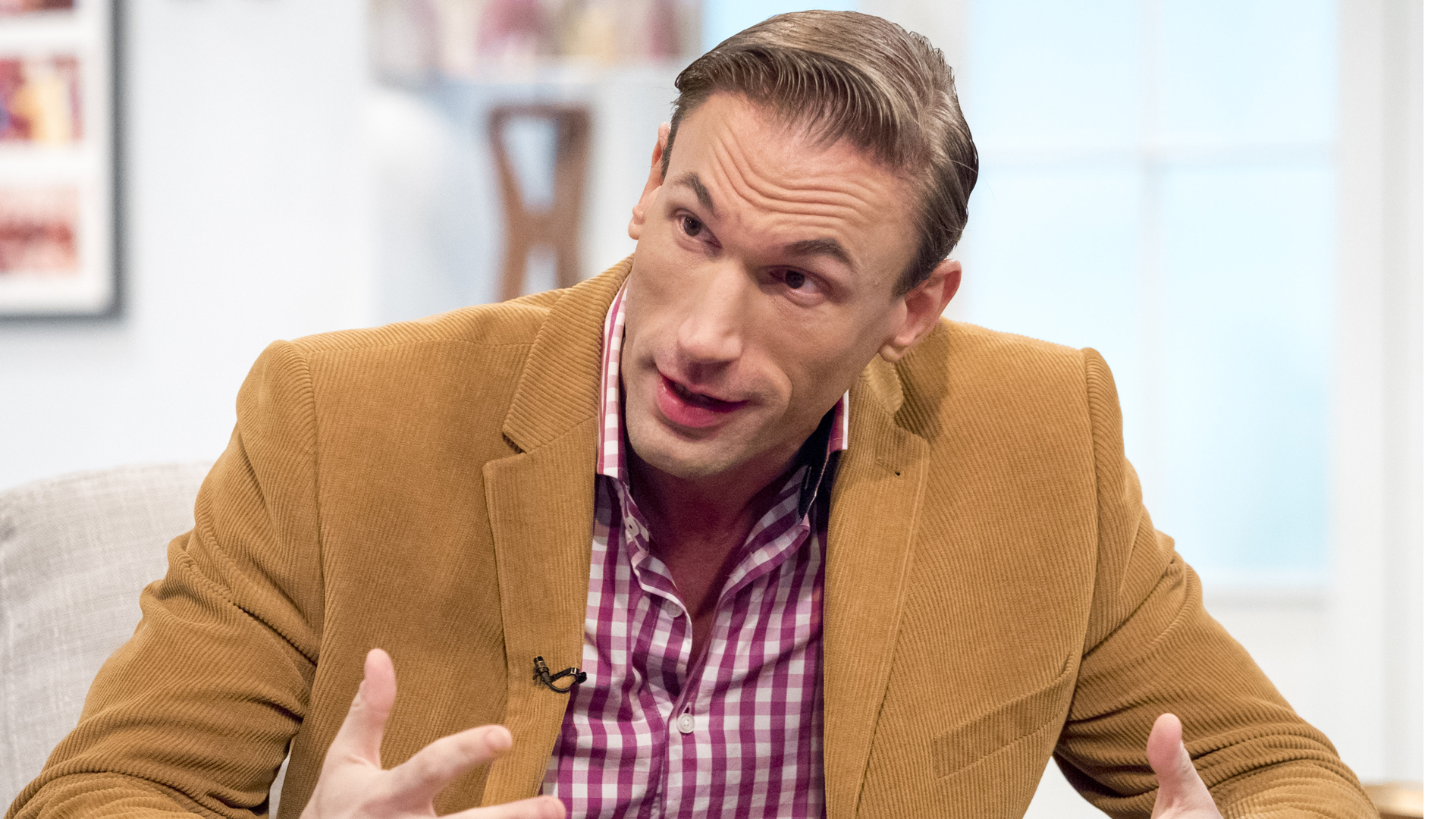I think an informed patient is a better patient than a completely uninformed patient.
If someone is having a major medical issue – if their arm is falling off – they seek medical help. But are people put off getting help when appointments are difficult to get?
Remember too, the very nature of problems associated with low self-esteem is that you don’t consider yourself worthy of help and therefore your mind tells you there’s no point, I’ll just be taking up time. It sounds rather dark and depressing but it’s
important we recognise that. The nature of somebody who is depressed means they probably won’t seek treatment.
The internet may be the cause of an increasing number of problems, but can it also be the best place to find help?
That’s the interesting dichotomy, the killer is also the cure. Often psychotherapy or CBT is very effective treatment, but it’s the wandering away from that and back to the darker places that can sabotage that treatment.
What do doctors think when patients arrive for an appointment with a diagnosis they’ve had from Dr Google?
I’m a fan of Dr Google. I think an informed patient is a better patient than a completely uninformed patient. Patients can find it quite difficult to put into words what they’re feeling, particularly when it comes to mental health issues. So after initial consultation what I often do is say, I think it’s this or this, why don’t you go away and read about both of them, come back and tell me what you think fits. Or the internet acts as a driver. It tells you you’ve got head cancer or HIV – those are the only two options it seems to ever come up with – but that often scares you enough to drive you into the doctors to have your cold treated.
Advertising helps fund Big Issue’s mission to end poverty
What is the psychological reason that people act differently online?
It’s the cowardice of anonymity that leads to a lot of the behaviour that people would probably never actually do face to face with a person. The internet is often used as therapy, as an outlet, as a place to vent, a place to scream and shout and rant and rage against the world. That can be good in some ways, it can be absolutely pointless in other ways.
You advise people on social media not to respond to bullies – but I wonder if you always follow your own advice…
Do as I say not do as I do, alright? I’ve noticed it is incredibly easy to become a bully online as it is to be bullied. So my responses to things on Twitter sometimes are possibly a little bit too aggressive and I need to be careful about that. What I try to do is correct misinformation. OK, I don’t always strictly stick to that. When you’re a public figure you feel a slight responsibility. You have a platform and misinformation that’s spread about on the internet needs correcting, needs challenging, otherwise every celebrity without any sort of an expertise will tweet their opinion which is treated as gospel.
Advertising helps fund Big Issue’s mission to end poverty
But no one has ever won an argument on Twitter, right?
What I suspect is that there will be plenty of people on the sidelines watching, unsure, who see a dialogue going on and make their mind up. That’s what I’m hoping anyway, otherwise it’s all a futile scream into the void.
Dr Christian’s diagnosis for the NHS
I think the NHS is deeply flawed. We are seeing more and more young people with mental health problems being let down because of misdiagnosis, inability to get an appointment and lack of access to good treatment. That’s all going to build up until it comes to a head, then I’m not sure what will happen.
The NHS is such a sacred being, we are loathe to change it when I think it desperately needs to change. It’s easy to be a flag-waving ‘save our NHS’ type but not to come up with any answers apart from ‘give us more money’. You can’t keep doing that forever.
The nature of illness and medicine has changed so utterly in the last 50, 60 or 70 years yet the NHS hasn’t. The concept is great, but structurally it’s letting a lot of people down.
Any system where you have a bottomless pit of want and limited resources is going to be problematic because you immediately have rationing, which means you have a concept of ranking disease and illness, according to severity or even, slightly more sinisterly, according to worthiness. Then you have tabloid-type arguments: ‘Cancer, that’s bad and needs treatment but gays, what’s with that HIV thing? I’m not sure I want my money going there.’ Prejudice starts to creep in.
Advertising helps fund Big Issue’s mission to end poverty
And the prescription…
I think appointments with GPs need to be longer – they average eight or 10 minutes. That’s simply not enough time to diagnose and get to the root cause of what can be complex psychological problems. You could do a lot more in only slightly longer time, and you’d need much fewer appointments on an ongoing basis.
Dr Christian’s Guide To Growing Up Online is out now (Scholastic, £8.99)










